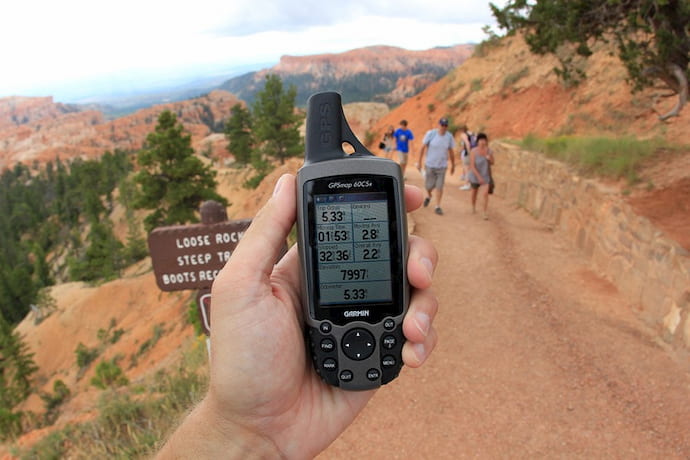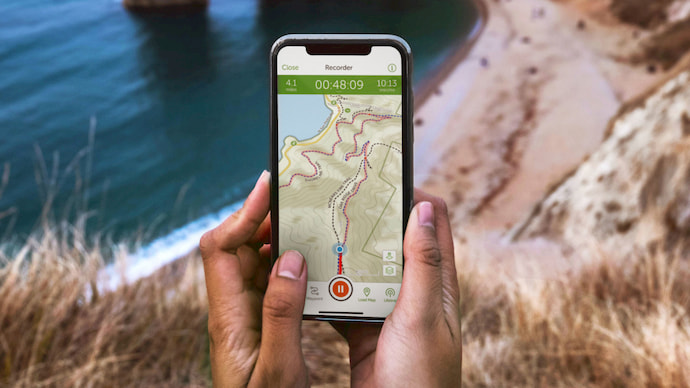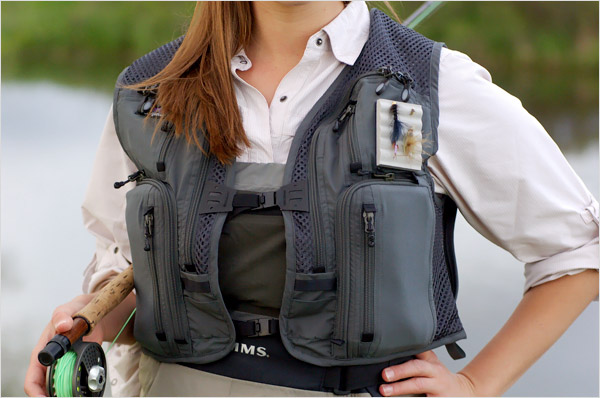When you decide to set off on an adventure outdoors, you know that means spending days, and in some cases even months, in preparation. Regardless whether you’re an experienced outdoor enthusiast or just a beginner, getting ready involves both physical and mental preparations, as well as acquiring the necessary bits and pieces of gear.
Now, when it comes to gear, I would say the most essential in terms of basics are the food, shelter and, of course, navigation equipment. Apart from showing you the way, such equipment should be thought of as part of your survival gear especially when it’s got features like SOS signalling.
You may know the terrain pretty well or you may have only seen it online, but that’s not important – what matters is having the reliable navigation tools to guide you through in cases of emergencies. Nowadays, the choice comes down to two options – invest in a handheld gps navigation device or simply rely on your smartphone. If you can’t make up your mind between the two, let’s look at them closely, considering their pros and cons.

Source: allthingswaterproof.com
The Reasons in Favour of Handleld GPS Navigation System
While the GPS technology is nothing new, many opt for the smartphone lately out of thinking it better and more equipped with versatile apps but that’s no reason to give up on the use of a GPS device entirely.
Same as the smartphones, these devices have went through various upgrades, not only in terms of the durability based on the choices of quality materials that withstand harsh weather conditions and falls, but also in the aspect of features. Not to mention some of the models are created for extreme adventures having in mind there are about 16 hours of battery life. All of these pros, plus a wider and better reception internationally, are the exact cons of the smartphones!
The vast array of options of handheld gps means you’ve got the freedom to choose not only based on price, brand, size and weight, but your type of adventure as well – specifically your requirements. For instance, some models are equipped with sensors such as a compass, barometer and altimeter to monitor direction, air pressure and elevation.
In addition to this, they can provide you with a real-time weather forecast, use of apps and data even when you’re out of mobile service, and high-resolution satellite imagery. However, if you’re up for even more advanced options, there are those that allow for connectivity to smartphones and dog tracking apps and devices – perfect if you’re out exploring with your dog.
Source: youtube.com
The Reasons in Favour of Smartphones
Though not created solely for navigation like a handheld gps navigation device, smartphones still come in handy when guiding you through from point A to point B. Not only meant for calls anymore, but they’re also better thought of as computers that we use on a daily basis for information, social networks, and of course guidance when we’re out and about.
Thanks to the continuous upgrades, the navigation is getting more and more accurate and with the quick satellite acquisition most smartphones don’t even need internet connection to gain access to navigation anymore. Besides, with them, you’ve got the chance to download and use various useful apps with maps created specifically for your outdoor activities and they’re more affordable than the map packages you’d get from GPS dealers.
Along with these pros, smartphones are also very slick and lightweight, easy to be carried anywhere. Now, looking into the cons, they lack the durability, as they don’t have the weatherproof, dustproof and drop-proof properties of the GPS, even more so if you use them without phone protection.

Source: amexessentials.com
And then there’s the aspect of battery! Let’s face it, as useful as they can be, using various apps can easily drain your battery, which unlike the interchangeable batteries of the GPS devices, requires charging and for that you need a power outlet. Even if you bring along a wireless charger with you, it can only last you for a certain amount of time.
Decision-Making Time
If you’re still rather confused about which option is best, even knowing the pros and cons of both, you should consider your lifestyle. Outdoorsy types who don’t mind going on an adventure often would certainly benefit from the use of a GPS device, whereas those who don’t get to travel that frequently, let alone do outdoor activities, would do well with the smartphone.
In case you decide to become more adventurous from now on, then investing in a GPS is highly recommended, especially if you’re up for location accuracy and the features I mentioned that come with the latest GPS devices. Considering the smartphone offers advantages of its own too, what I’d recommend is taking both when you’re out because you never know when you might be needing one or the other more. That’s how I solved my dilemma!


















